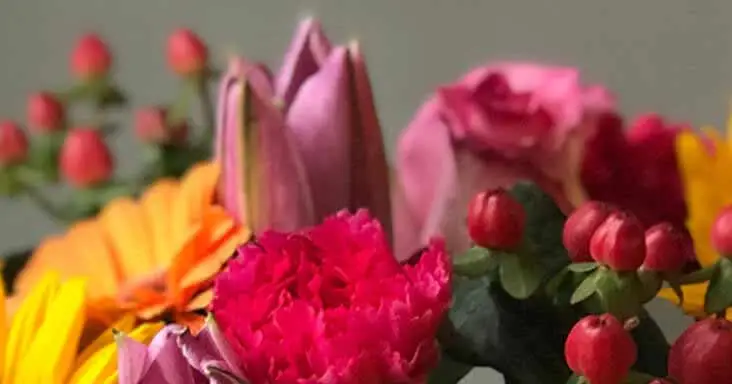A special kind of South African daffodil could be used to treat diseases originating in the brain, including depression.
Daffodils have been a favourite of people all around the world for centuries – the pot William Wordsworth famously immortalised them in his poem ‘I Wandered Lonely as a Cloud’, written all the way back in 1804 (published 1807):
I wandered lonely as a cloud
That floats on high o'er vales and hills,
When all at once I saw a crowd,
A host of golden daffodils;
Beside the lake, beneath the trees,
Fluttering and dancing in the breeze
And now it seems that as well as enchanting the senses, these flowers could have an important neurological usage. Scientists from the University of Copenhagen now think that substances from the South African ‘Crinum’ and ‘Cyrtanthus’ – daffodil-like plants, if not technically daffodils – have an effect on those parts of the brain which affect depression.
Professor Birger Brodin said: ‘Several of our plant compounds can probably be smuggled past the brain's effective barrier proteins. We examined various compounds for their influence on the transporter proteins in the brain. This study was made in a genetically-modified cell model of the blood-brain barrier that contains high levels of the transporter P-glycoprotein. Our results are promising’
However it will be some time before practical applications from this research merge. ‘this is the first stage of a lengthy process, so it will take some time before we can determine which of the plant compounds can be used in further drug development,’ says Brodin.
Wouldn’t it be wonderful if these cheerful flowers can someday help us to restore some happiness to those living with depression?




